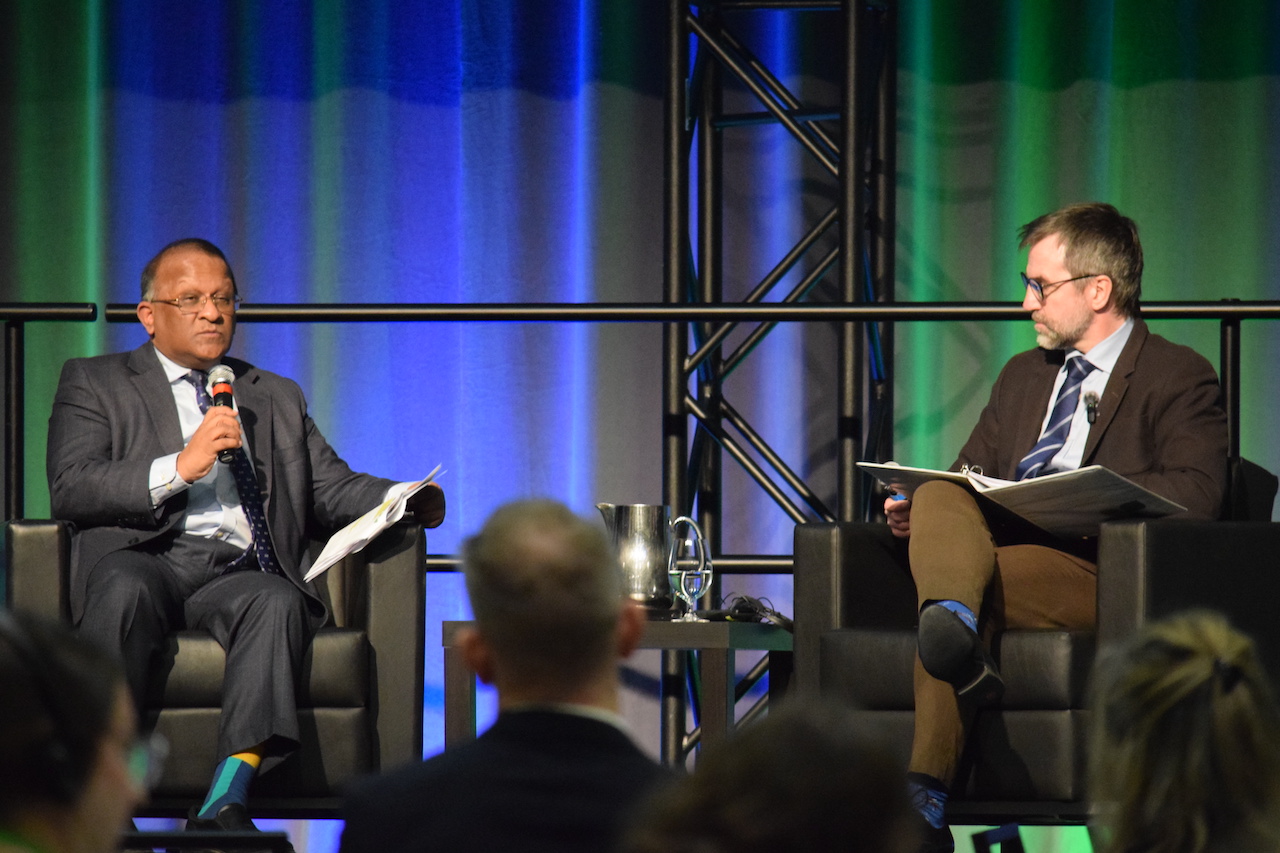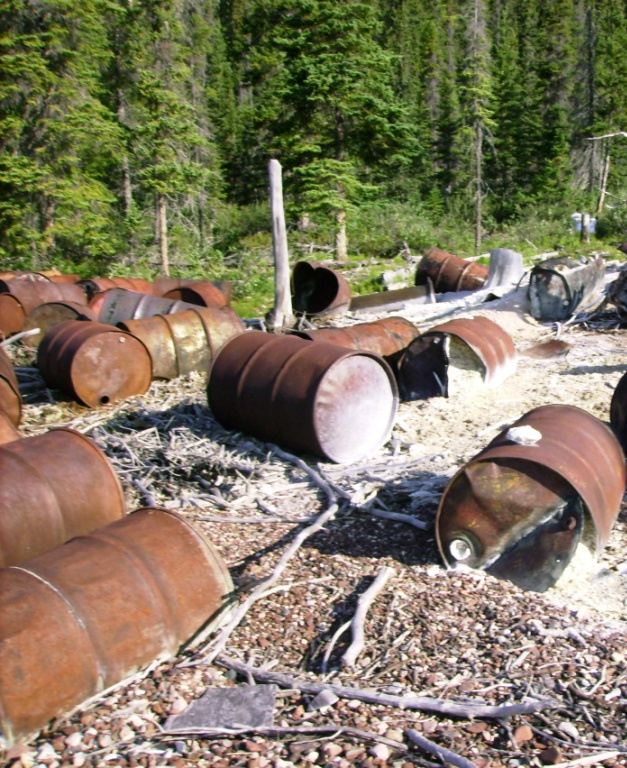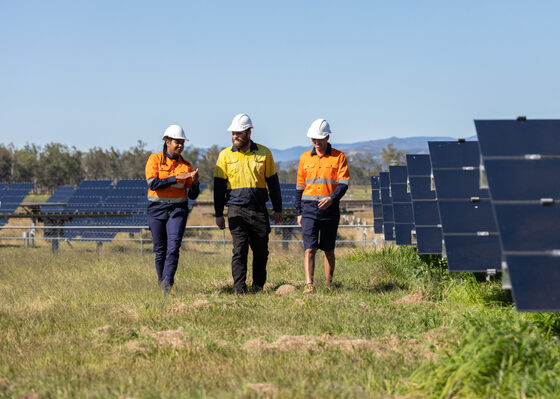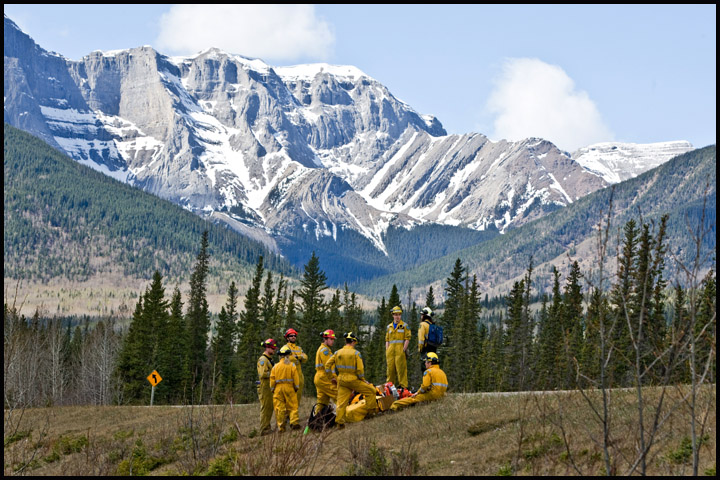Monday, October 6, 2025
By Andrew Macklin
As the Sustainable Communities Conference wrapped up, the hundreds of delegates still in attendance despite the winter storm gripping the Fredericton Convention Centre were asked to reflect on what they would take away from the event. Common themes emerged from the Federation of Canadian Municipalities’ (FCM) bi-annual event: action, partnership, collaboration.
The three-day gathering of hundreds of Canada’s most passionate environmental advocates came together to share their ideas, their motivations and their actions in working to create more sustainable communities. It brought together councillors, mayors, directors and environmental stakeholders from the smallest communities and the largest cities. From coast-to-coast they came to share their successes and failures, hoping others could learn from them.
The thoughtful and inspiring mix of keynotes, panels, workshops and tours provided something for everyone in attendance. There were practical solutions offered for improving biodiversity, integrating climate in community planning, diverting water to prevent disaster, creating trust and support with their citizens, and improving energy poverty that exists from coast-to-coast. The solutions came from experts in places like: Dieppe, New Brunswick; Gatneau, Quebec; Wetaskiwn, Alberta; New Glasgow Nova Scotia; Kitchener, Ontario; and so many more.
Federal Minister of Environment and Climate Change Steven Guilbeault (right) in conversation with Alan DeSousa, chair of the Green Municipal Fund Council and Mayor of Saint-Laurent, Quebec.
Panel discussions welcomed insights from some of Canada’s most respected environmental advocates, including WWF Canada President Megan Leslie, Concordia University’s Ursula Eikers, and Joanna Eyquem, managing director of Climate Resilient Infrastructure at Intact Centre on Climate Adaptation. Complemented by association, think-tank and municipal leaders, the robust discussions provided many viewpoints on climate action, causing delegates to thoughtfully consider how they might apply to their own communities.
The politicians who graced the stage also provided a great deal to think about. The event was kicked off by Fredericton Mayor Kate Douglas, the city’s first female mayor, who provided an important perspective for attendees, noting that once-in-100-year flooding had occurred in the city three times in the past eight years. The next day, Minister of Housing, Infrastructure and Communities Nathaniel Erskine-Smith went so far as to offer a direct contact for him, ensuring that delegates could share their experiences with the federal programs meant to support them. He was followed at the end of the day by Minister of Environment and Climate Change Steven Guilbeault, who reinforced the need for municipal and federal leaders to continue to be allies in the fight against climate change.
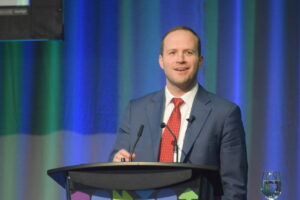
Federal Minister of Housing, Infrastructure and Communities Nathaniel Erskine-Smith.
The two keynotes, bookending the core programming about the conference, were delivered by two prominent environmental figures delivering important messages with a different focus. The conference began with a take from renowned Indigenous journalist and author Tanya Talaga. Providing important historical context to create a resonating message, she reminded the audience of the need to walk the path to reconciliation, and to do so by creating new partnerships and collaborations that utilize the abundant environmental knowledge that Indigenous peoples possess as the stewards of the land. The conference concluded with CBC Host Laura Lynch, whose storytelling through her What On Earth podcast had brought light to the environmental tragedies occurring across Canada and the powerful movements needed to respond to them.
The Sustainable Communities Conference is an event like no other. It gathers Canada’s most passionate municipal environmental leaders, and provides the needed opportunities to learn from each other. It’s about meeting each other in a variety of settings at one event, giving leaders ample opportunities to make contacts, share information and, ultimately, deliver better solutions to the environmental issues impacts Canadian communities of all sizes and climates.

Andrew Macklin is a member of the Environment Journal Advisory Board, and a senior advisor for Media and Public Affairs at WSP in Canada.
Featured image: Green Municipal Fund Managing Director Chris Boivin.




